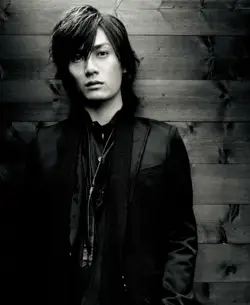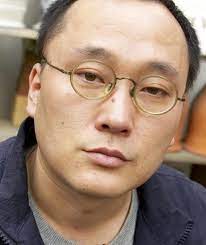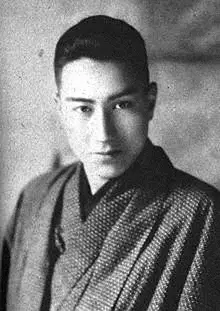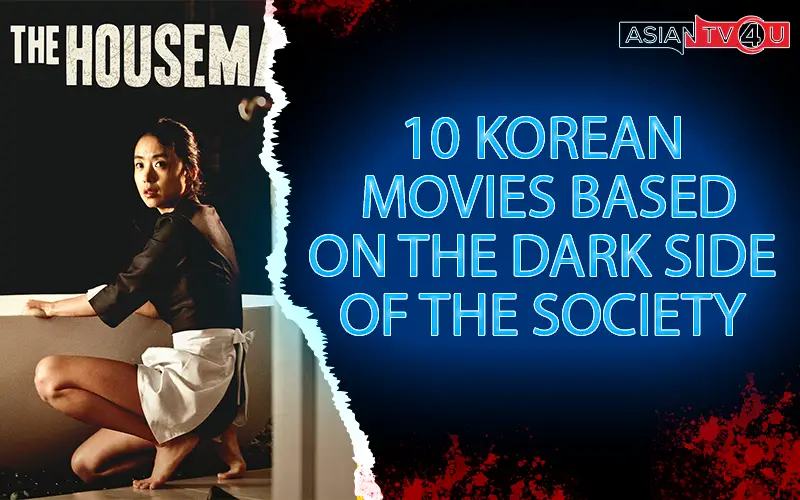
Nothing infiltrates the inward functions of a general public's force structures so obviously as its sexual practices. Thus, by uncovering the relations of the sexes and the moving places of the body politic, films that attention on the suggestive can jab and test the condition of a country
1. The Housemaid
Kim Ki-youthful's 1960 exemplary is a homegrown misfortune wherein the appearance of another servant (Lee Eun-shim), and her issue with the house's patriarch (an author played by Kim Jin-kyu), prompts the destruction of a family unit. However, this dull, dangerous story is all the while outlined—by a gesturing and-winking storyteller likewise played by Kim Jin-kyu—as a useful example for all working-class families. All things considered, the film uncovered class nerves in Korea, while likewise changing those very tensions into a self-ironizing amusement. In 2010 it was revamped—with another attention on the superrich—by Im Sang-soo.

2. A Good Lawyer’s Wife
Additionally coordinated by Im Sang-soo, this realistic film shows an attorney (Hwang Jung-min) and his prize housewife (Moon So-ri) both covertly disappointed with their probably completely flawless coexistence and looking for joy from illegal demonstrations of infidelity—he with a more youthful craftsman (Baek Jeong-edge), she with their teenaged neighbour (Bong Tae-Gyu). In the meantime, the legal advisor's mom and granddad have additionally been appreciating undertakings. What rises out of this is a distinct confound between the normal lead of middle-class Koreans, and what fulfils them—with unique accentuation on the rôles foisted upon ladies in a customary relationship.

3. The Isle
No man is an island—but then as an outlaw (Kim Yoo-suk) endeavours self-destruction on an employed houseboat, he is hindered by the quiet overseer (Suh Jung), and they leave together on a serious sadomasochistic issue which will induce further desire, mutilation, and murder. Essayist/chief Kim Ki-Duk puzzles inner and outside spaces as he looks at disconnection in extremis, and shows a couple as snared on one another as they are on their conditions of servility. "The Isle" is a brutal film of crude interests, coming full circle in a hauntingly silly last picture that breakdowns topography and genital life systems.

4. Oasis
At the focal point of author/chief Lee Chang-dong's third component is the no-no connection between slow-witted Jong-du (Sol Kyung-gu) and seriously palsied Gong-Ju (Moon So-ri)— a certifiable, whenever covered up, a sentiment which advances, dubiously, from a rape. However, Jong-du's candid assault and thoughtful romance of Gong-Ju (whose name signifies "princess") are thoroughly analyzed with how their two as far as anyone knows decent families exploit, mishandle or overlook their weak wards. Thusly, "Desert spring" holds up a mirror to the grotesqueness of "ordinary" Korean culture, and the magnificence of loner otherness.

5. Thirst
A decent Catholic cleric (Tune Kang-ho) gets back from the dead, and tests, utilizing an issue with an old companion's significant other (Kim alright in), with the common sin and erotic nature from which he had recently declined, until at last, he makes up for himself in a demonstration of Jesus-such as generosity. Park Chan-wook's vampire flick is part of Émile Zola's 1867 book "Thérèse Raquin," and part of Martin Scorsese's "The Last Enticement of Christ" (1988), as a priest should battle with his human nature before ignoring completely the opposite side. The outcome is a mannered mix of eros and Thanatos, trickling with energy.

6. Moebius
Irate at the infidelity of her better half (Jo Jae-Hyun), a lady (Lee Eun-charm) vindictively emasculates their adolescent child (Web optimization Youthful Ju). Culpability has ridden, the dad has himself carefully castrated as well, and searches online for ways that he and his child may, in any case, have sexual existences, driving the kid into the arms (and onto the sharp edge) of the dad's sweetheart (likewise played by Lee)— until the mother gets back again. Commonly for its author/chief Kim Ki-Duk, "Moebius" is at the same time a strange circle of drama, Oedipal psychodrama, and Buddhist story—yet less regularly for Kim, it is additionally dimly entertaining from start to finish.

7. A Girl At My Door
After a dark embarrassment back in Seoul, cop Young nam (Bae Doo-na) has been moved to a little seaside town where she encourages the ignored, harassed, and manhandled student Do-hee (Kim Sae-Ron). Young nam is a drunkard and a lesbian, and as she examines the town's double-dealing of traveller labourers and degenerate practices, questions are thusly raised with regards to the legitimacy of her relationship with the pubescent young lady. July Jung's unobtrusively noticed component debut investigates both the fortitude of two deserted ladies in a misogynist climate and the more obscure edge of their unique kinship.

8. Bewitching Attraction
South Korea is a famously moderate society, and given the high worth that it puts on instruction and tertiary degrees, educators are held in the most noteworthy regard. So what makes Lee Ha's film so profoundly rebellious is its depiction of a gathering of unassuming community scholastics who bang like hares and act like simpletons, trapped in the suggestive bondage of their main female partner. Materials teacher Cho Eun-suk (Moon So-ri) accompanies an articulated limp (which is indeed essential for her charm) and confidential past—and her happily unbridled ways serve to subvert Korean presumptions about both scholarly decency and female accommodation.
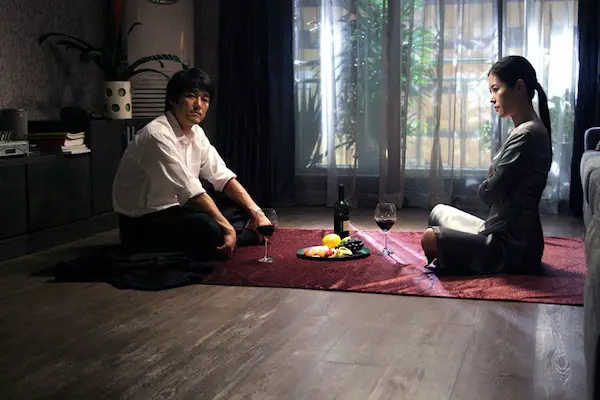
9. Karaoke Crazies
Sung-Wook (Lee Moon-Sik), the discouraged proprietor of the Fixation Karaoke, unwinds by tuning in with earphones to pornography that he never watches, while his new representative Ha-suck (Bae So-eun) helps the business blast by uninhibitedly directing sensual caresses to customers. They are joined by the outlaw leader Na-Ju (Kim Na-mi) and an occupant of the structure (Bang Jun-ho) whose presence has scarcely been seen—and these four useless antisocial people structure another sort of nuclear family, even as a misanthropic chronic killer circle in for the kill. Deftly exploring an assortment of types and tones, chief Kim Sang-chan shows a range of Korean male mentalities towards ladies, from regard to double-dealing to manhandle—and more regrettable.

10. The Handmaiden
Sung-Wook (Lee Moon-Sik), the discouraged proprietor of the Fixation Karaoke, unwinds by tuning in with earphones to pornography that he never watches. His new representative Ha-suck (Bae So-eun) helps the business blast by uninhibitedly directing sensual caresses to customers. They are joined by the outlaw leader Na-Ju (Kim Na-mi) and an occupant of the structure (Bang Jun-ho) whose presence has scarcely been seen—and these four useless antisocial people structure another sort of nuclear family, even as a misanthropic chronic killer circle in for the kill. Deftly exploring an assortment of types and tones, chief Kim Sang-chan shows a range of Korean male mentalities towards ladies, from regard to double-dealing to manhandle—and more regrettable.







